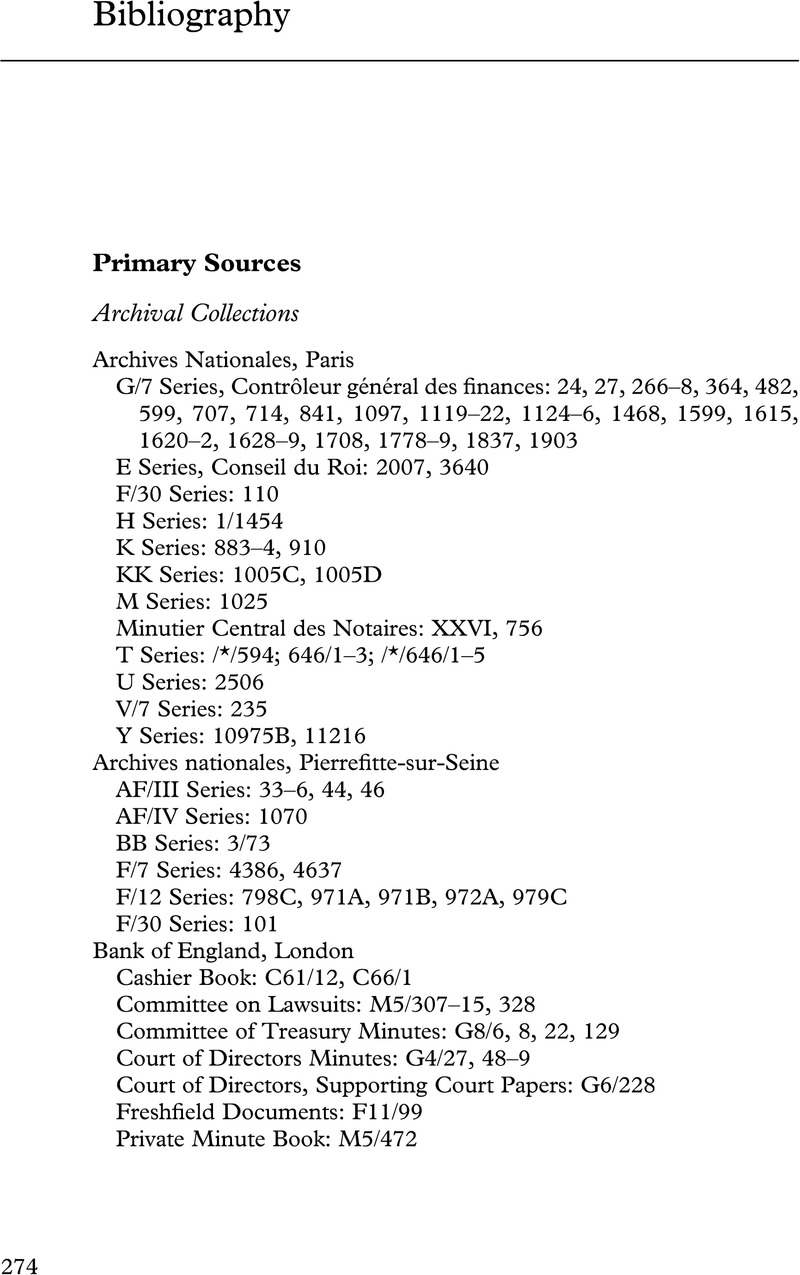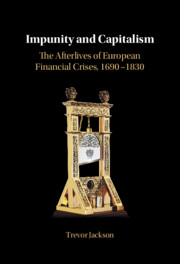Bibliography
Published online by Cambridge University Press: 08 September 2022
Summary

- Type
- Chapter
- Information
- Impunity and CapitalismThe Afterlives of European Financial Crises, 1690–1830, pp. 274 - 302Publisher: Cambridge University PressPrint publication year: 2022

